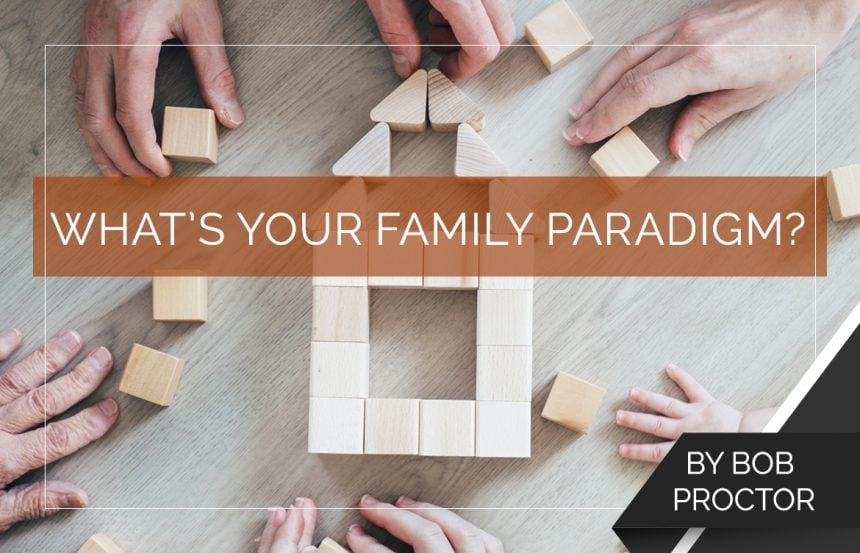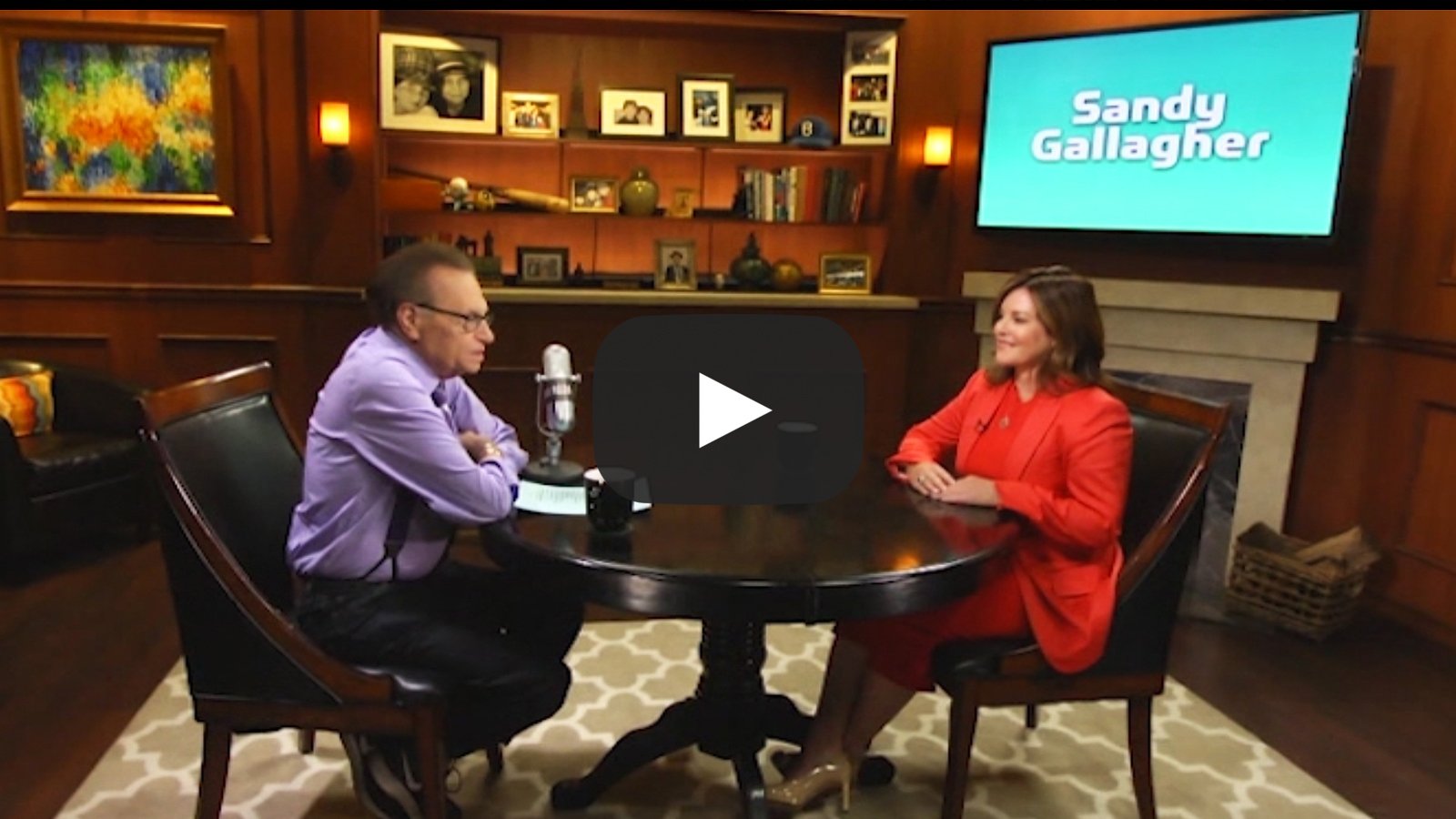
No one smiled. The kids were gloomy and generally talked to their parents only when they were spoken to.
In the evenings, the mother would clean the kitchen while the father read the newspaper. The air was stifling.
Every so often, one parent would ask the kids a question. The kids would dutifully respond and return to whatever they were doing.
On the rare occasions that the kids’ friends were allowed to come over, the parents had strict rules and boundaries that had to be met.
One of the kids used drugs; the other drank alcohol. And both thought their parents were nitpicky, intolerant, and demanding.
There was little joy, spontaneity, or room for growth. It was like living in a cave.
Does any of that sound familiar to you—either in your own family or that of a friend?
This is a dramatic example of …
A Closed Family Paradigm
Closed family paradigms…
- require conformity
- try to keep the outside world out
- resist outside influence
- reflect stability through tradition
- commonly focus on the past
Other family dynamics include private and loyal relationships, operating as a cohesive unit, and a strong sense of belonging. The closed family prioritizes the group over the individual and has a clear hierarchy (typically operating under an authoritative, patriarchal rule).
A closed paradigm is rigid and follows the same rules even when they are no longer appropriate. It has a low tolerance for opposition, and, as a result, kids may rebel due to the overly rigid boundaries.
Does that sound like your family?
Or is your family more like this…
An Open Family Paradigm
The open family paradigm encourages frequent communication and consensus. It welcomes new ideas, values diversity, and encourages different perspectives to allow the family to grow and stay vibrant. Rather than operating under a hierarchy, an open family paradigm respects the voice of each individual.
That’s how my family operates. Even when my kids were young, I listened to them and encouraged them to follow their unique interests and dreams. And I supported the natural changes that occurred as the kids grew older and matured into the people they wanted to be.
A family with an open paradigm goes with the flow. When a new reality comes along, the family looks for opportunities and makes changes to accommodate it. They talk about plans for individual family members and the family as a whole. They strategize about how they will meet their goals, and they look to the future with open arms.
Not all change, of course, is expected or wanted…
A teenager announces he’s taking a gap year to see if he wants to go to college even though you expected him to go study pre-law in the fall. A 26-year-old decides to quit her job and become an artist. Or a 37-year-old announces she is getting divorced because she has fallen in love with another man.
How does the family address this new reality?
They face the challenges head-on rather than looking away and hoping the problems will disappear. They engage in the tough conversations — calmly, openly, and lovingly—leaving room for the person to decide what is best for them.
The Downside of Openness
When the family paradigm is “too” open, family members may end up feeling exhausted from information overload. Their efforts to resolve issues by gathering more and more information can result in ambiguity and confusion.
Under these conditions, family members sometimes withdraw emotionally. Other times, they simply talk about consensus but no longer share in any functional interaction.
Become a Family That Thrives
Every family has a paradigm(s). Some paradigms are more favorable to health, happiness, and success than others; however, they each have positive and negative effects.
Here are five tips for creating or developing a family paradigm that promotes open and loving relationships, growth, personal choice, and freedom.
1. Build Enduring Relationships. Find ways to build healthy and strong relationships with family members so that everyone feels important and appreciated. Get different generations together to get to know and learn from each other.
2. Always Look for the Good. Develop the habit of looking for the good in everything and teach everyone in your family to do the same. Understand that unexpected or unwanted outcomes and differences are not a threat. They are opportunities for acceptance, increased tolerance, understanding, and wisdom.
3. Encourage Open Communication. When communication between family members is open and caring, there’s increased respect, less friction, and greater success. Nothing gets solved without direct, clear, and honest communication.
Practice talking about problems in a constructive way, including with younger generations. Be flexible and create new rules when needed to meet the evolving needs and desires of your family.
4. Embrace Change. Change is inevitable. So, instead of fighting it because “things are good as they are,” lean into it and find ways to make change work for you and your family.
Establishing a foundation of optimism, growth, and personal choice allows everyone to navigate change with a sense of power and confidence. This helps every member of your family prosper.
5. Value Novelty and Creativity. Healthy, open families welcome new people into the family and understand that each addition will shift the family dynamic. They look forward to the unique perspectives of incoming spouses and partners and the enrichment of a growing family. They are creative and optimistic about the future—no matter what.
Follow Your Heart
Since you took the time to read this, I’m guessing the following two things are true about you: You care about your family and you value freedom, independence, and personal choice.
So, I encourage you to use what you’ve learned today to help improve, build, or create healthy family paradigms.
And if a conflict occurs between the needs or expectations of your family and your personal desires, clearly explain yourself and why it’s important to you. If that doesn’t resolve the conflict, assuming your desire is moral, legal, and won’t infringe on the rights of others, put your needs first.
To your success,
Bob Proctor








